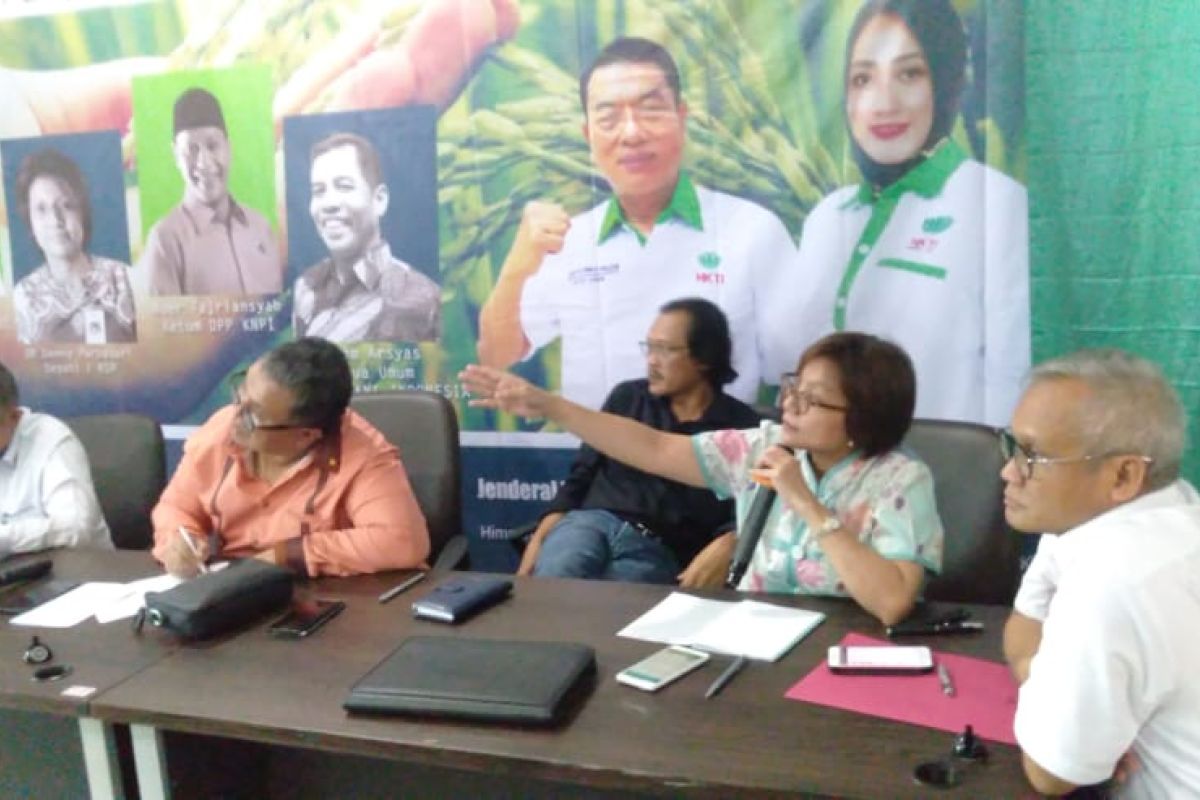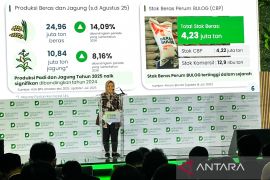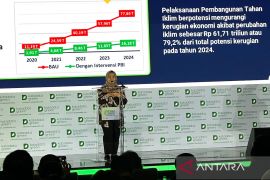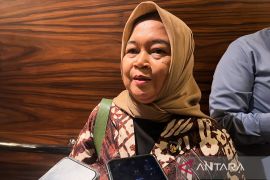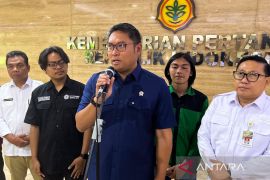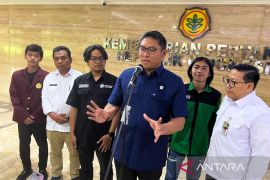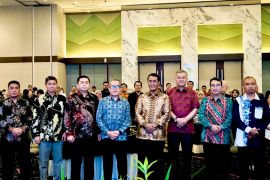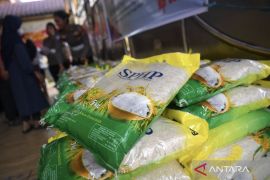The foundation (for national food) has been in place. Now we need a roadmap for national foodJakarta (ANTARA) - The Indonesian government needs to adopt a roadmap for the national development of the food sector in line with the rapid growth of infrastructure development in various parts of the country , a lawmaker said.
"The foundation (for national food) has been in place. Now we need a roadmap for national food," Aria Bima of the Indonesian Democratic Party of Struggle (PDIP) faction in the House of Representatives (DPR) said in a public discussion with youths of the Indonesian Farmers Solidarity Association (HKTI) here on Tuesday.
Aria Bima urged HKTI to make a roadmap for national food. "The vulnerability of logistics infrastructures may lead to scarcity of commodities," he said.
The results of a survey showed that various vegetables sold in a number of markets in Jakarta were brought from West Sumatra, he said.
The presence of Trans Sumatra highway can shorten the transportation of vegetables from West Sumatra to Jakarta to two days from a week previously, he said.
The PDIP politician said to realize the concept of food sovereignty, all food policies must be strong.
The import of food commodities in recent months is situational and is not the government's failure to carry out food program, he said.
If Indonesia wishes to become a world food barn, it must develop the food sector outside Java, he said
Indonesia is now known as a plantation plant hub, he said.
In addition to the government, agricultural organizations should take active part in food programs. "HKTI must be expansive to precede the government's programs," he said.
Presidential Regulation No. 71/2015 deals with a change in paradigm from food resilience into food sovereignty, he said.
Meanwhile, HKTI Chairman General (ret) Dr. Moeldoko responded positively to the proposal saying HKTI has positioned itself as an institution which bridges the interests of farmers with the government, institutes of higher learning, financial institutions and other agricultural stakeholders.
Translator: M Razi Rahman, Suharto
Editor: Bambang Purwanto
Copyright © ANTARA 2019
